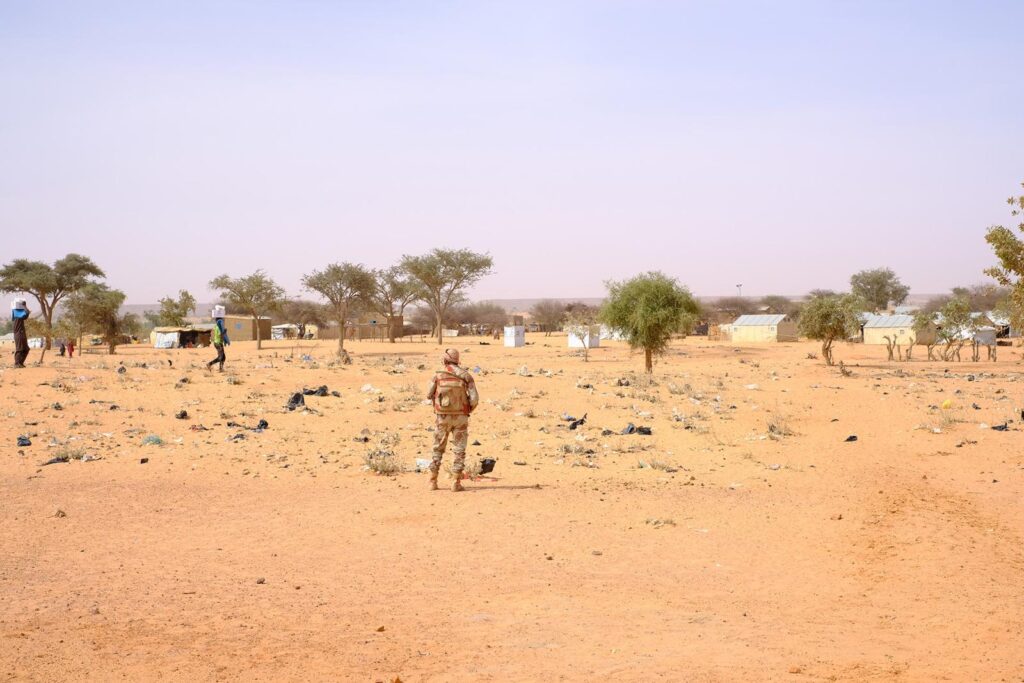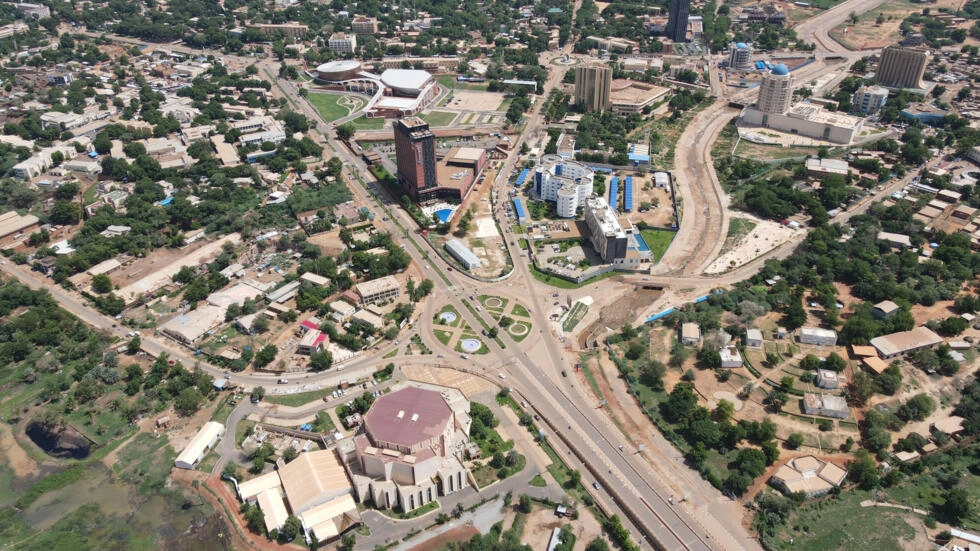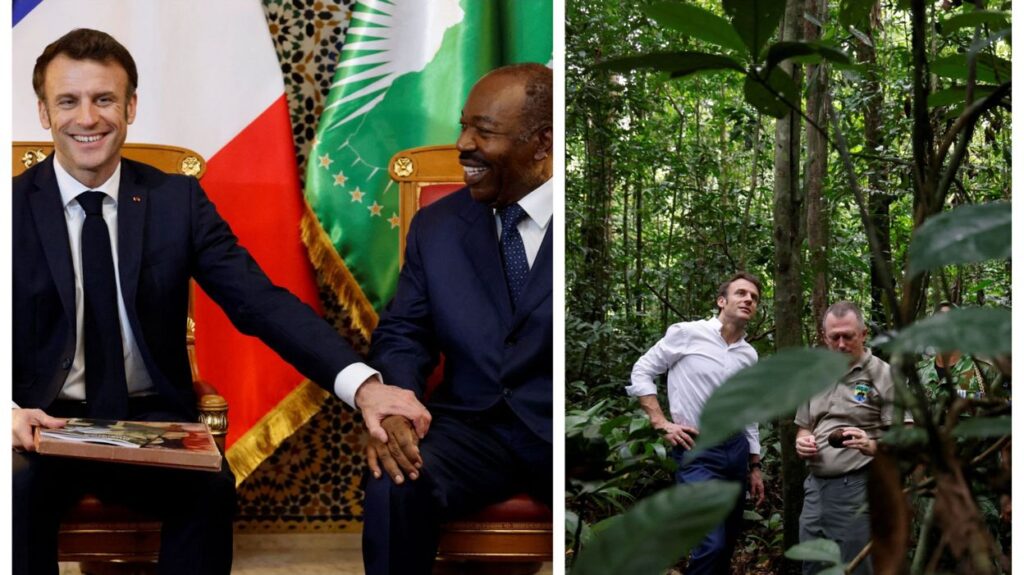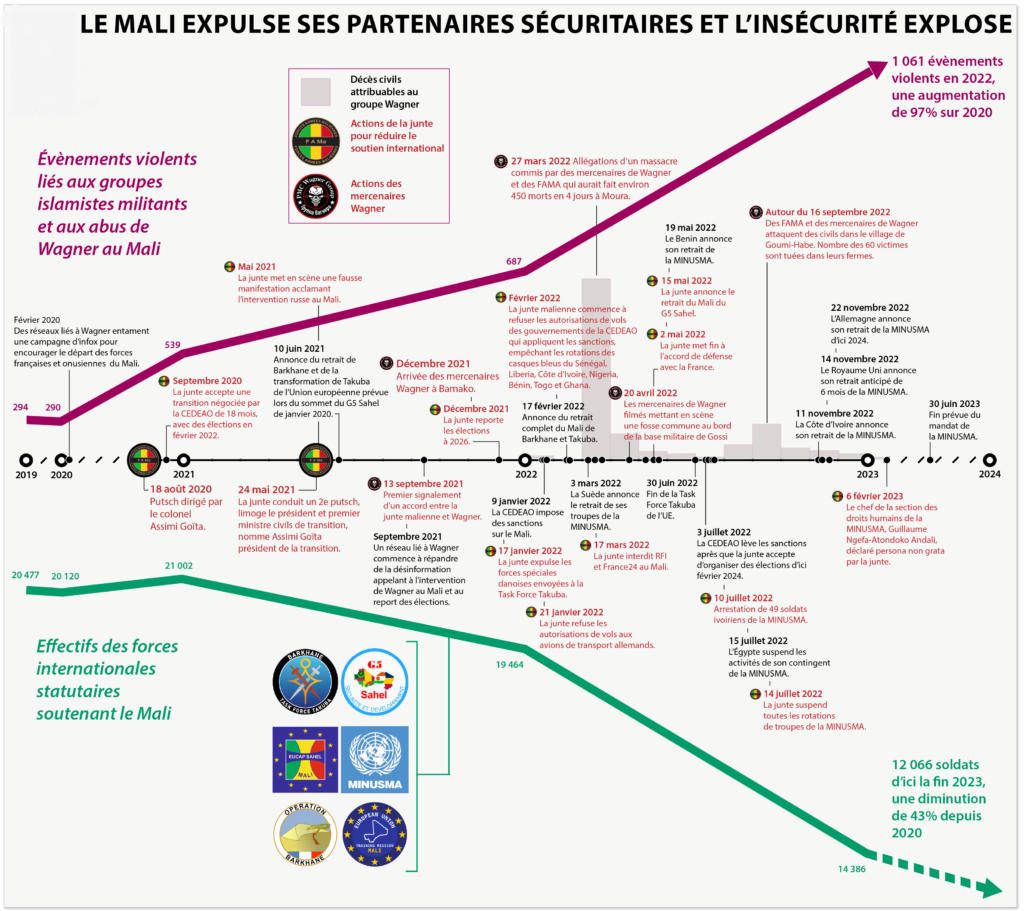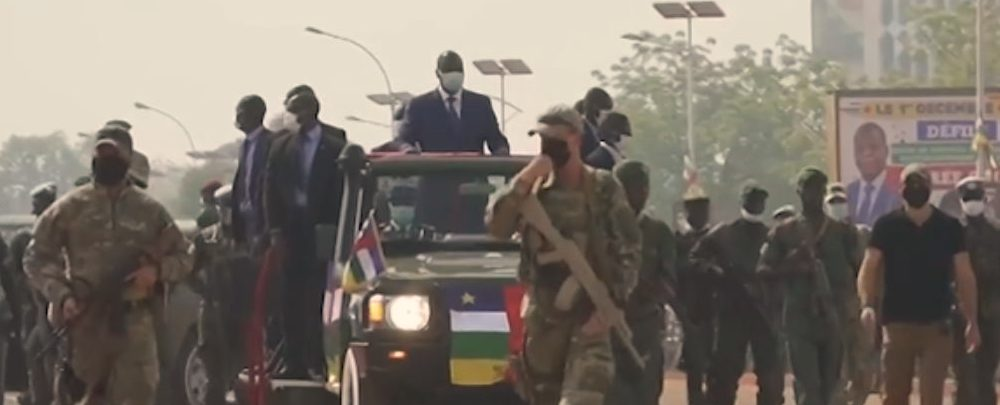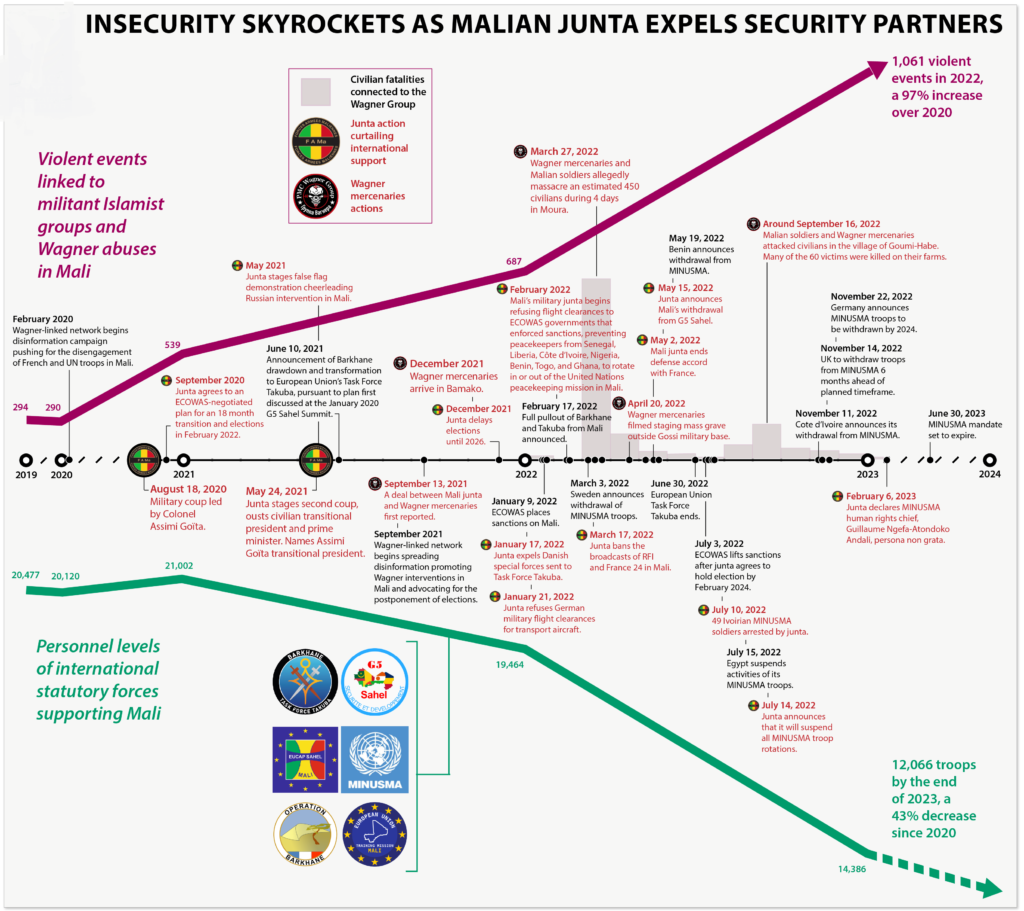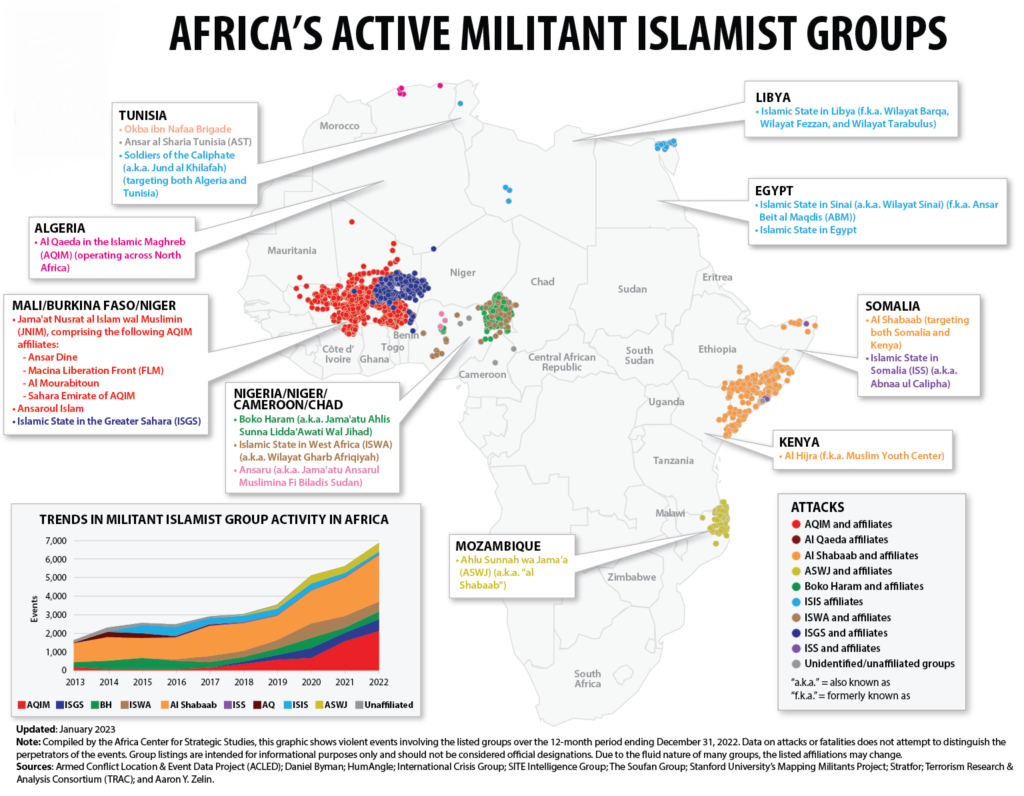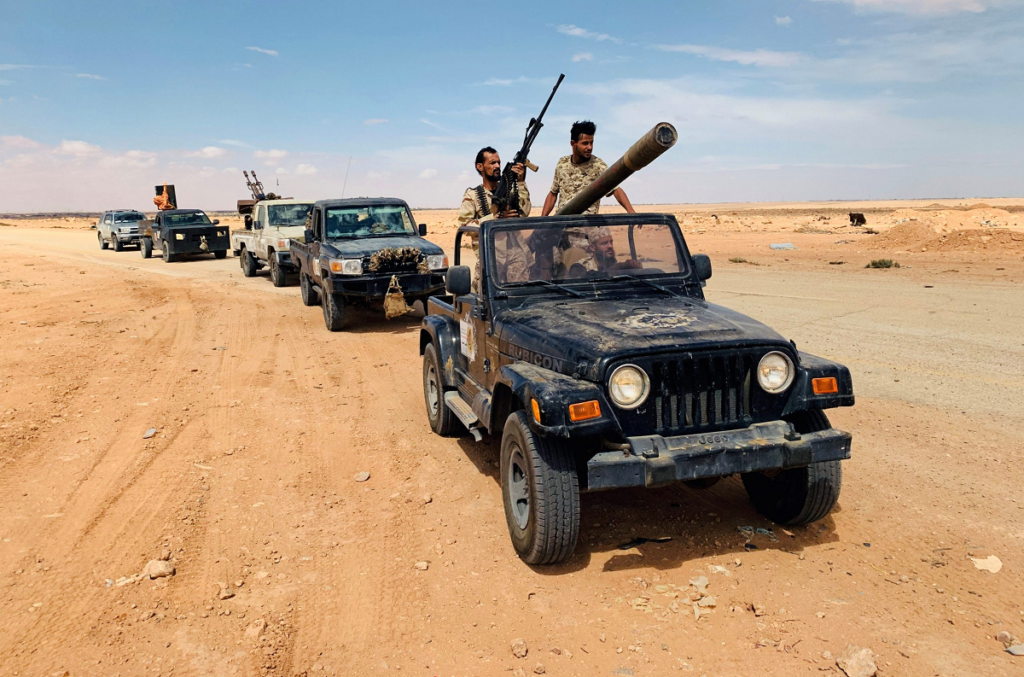Ivory Coast and Guinea to repatriate nationals from Tunisia
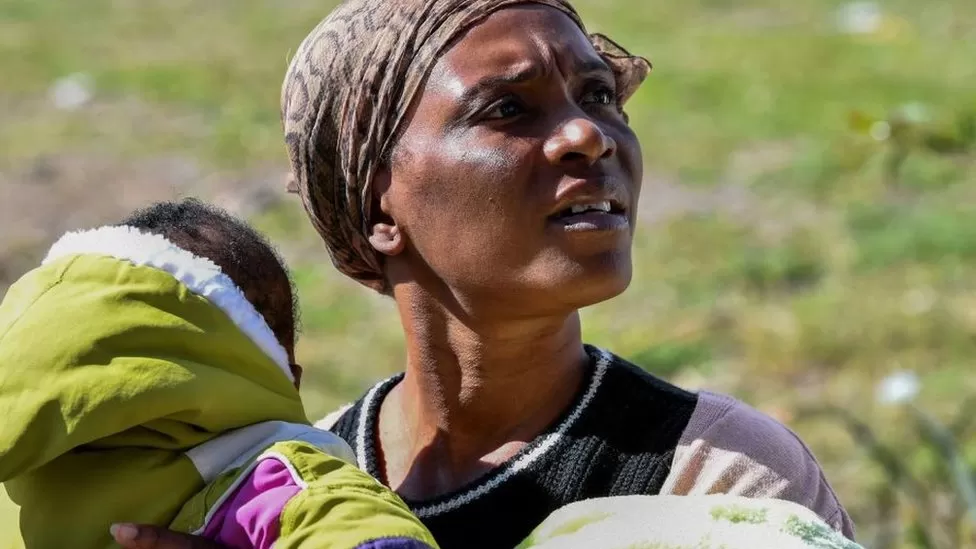
Two West African states are repatriating their citizens from Tunisia following inflammatory remarks by President Kais Saied last week.
Mr Saied said that migration was a “plot” to change the country’s demographic profile, blaming “traitors who are working for foreign countries”.

